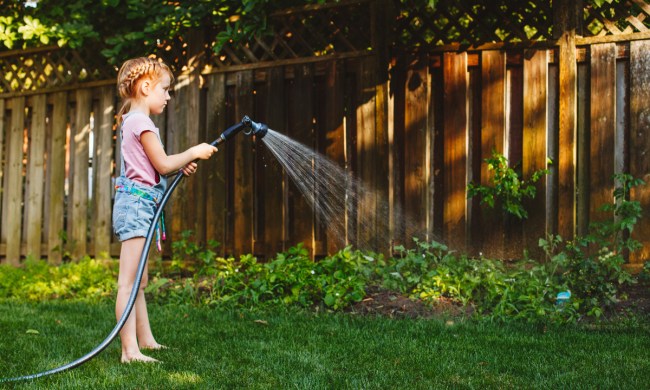What’s one thing that keeps you motivated in your life in the short term and the long term? When you think about it, the answer for most of us is having goals. While having goals in life and career is great for adults, it’s also important for children.
Keeping children motivated, teaching them to see the big picture, helping them to understand the value of keeping a commitment, and other important lessons can be taught through goal setting. Let’s take a look at some realistic goals for kids that will give them something to work towards.

SMART goals for kids
You may have heard of “SMART goals.” SMART is an acronym that stands for:
- Specific
- Measurable
- Achievable
- Relevant
- Time-bound
When coming up with a goal for a child, keep it SMART. They could become frustrated if you say “become a firefighter” as a goal because it isn’t achievable in a realistic time frame.
A smarter goal would be “complete your whole soccer season.” Sticking out the season and going to every practice and game even when your child doesn’t feel like it can be measured (did she go or not?), ends at a certain time to be celebrated at the end of the season (time-bound), and checks off the other three criteria as well.

How to make goals for kids
“Goal-setting is one of the traits that are most highly correlated with being a peak performer and a successful person,” writes educational psychologist Dr. Michele Borba. “But goal-setting isn’t just for grown-ups: it can also enhance children’s motivation, focus, self-discipline, and self-esteem.” She recommends using the four steps below.
Define goal-setting
Dr. Borba says, “Teach this simple goal-setting formula: ‘Goals usually start with ‘I will’ and have two parts – that is, what you want to accomplish and when you hope to accomplish it.'” An example could be “I will do my homework by five o’clock.”
Identify a goal
Let your child brainstorm their own potential goals (improve grades, make more friends, save money, make a sports team) and then choose one to make a SMART goal around with a time frame.
Think through steps to success
How will he achieve that one goal? What tasks will he do to accomplish the goal? What will your role be in helping with those tasks?
If your child wants to be able to run a 10-minute mile, how many days per week will she run to practice? How will she get to the track? Who will time her and on what device? What is her weekly time goal to work up to 10 minutes?
Track goal progress and celebrate success
Mark the 12-minute mile and 11-minute mile in a notebook, for example. Plan a celebratory dinner for reaching the 10-minute mile. Then plan the next goal!
Goals for kids: Key to success
“With the right approach and tools, building our children’s ability to set appropriate goals can put them on a path to long-term success,” writes Tami Silverman, the president and CEO of the Indiana Youth Institute. “Teaching children how to set and achieve goals helps them learn the values of reflection and self-improvement. And reflective self-improvement, also called a growth mindset, has been found to be a better predictor of future success than IQ.”
Children love structure and direction and goals give them purpose, self-confidence, and even more benefits added on top. Set them up for success by teaching them how to create goals with the formulas above.



